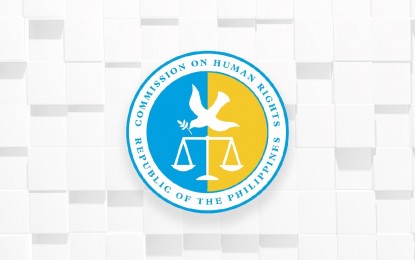
MANILA – The Commission on Human Rights (CHR) on Friday urged local government units (LGUs) to focus on comprehensive measures to enhance sexual and reproductive health education and services.
In its situation report on the interplay of gender inequality and teenage pregnancy, the CHR noted that one out of 10 Filipino females aged 15 to 19 years has begun childbearing.
"Teenage pregnancy entails numerous risks for both the mother and child. Adolescent pregnancy takes a colossal bearing on a girl's education and income-generating potential," it added.
When asked about the causes and factors affecting teenage pregnancy, the CHR said lack of information on sexual and reproductive health and family planning commodities and services was the top answer by LGUs.
Other causes include poverty, exposure to social media and pornographic materials, family problems, social and cultural norms, peer pressure, aggressiveness, curiosity, and being sexually active.
Also cited as reasons are gender-based violence, personal decision, early marriage, lack of education, alcoholism and substance abuse, rebellion against parents, acceptance of parents on early sexual encounters and cohabitation, early romantic involvement, and difficulty in accessing reproductive health services.
The CHR emphasized that the overall goal is the enhancement of sexual and reproductive health, and the rights of adolescents through various initiatives, collaborations and policy measures.
While the LGUs acknowledge the depth of the issue, the CHR urged them to strengthen collaboration with concerned government agencies; strengthen the leadership skills of Sangguniang Kabataan and village officials, particularly in advocating on the issue; provide training for staff, youth leaders and volunteers on the issue; address poverty and literacy issues; establish more teen centers and recreational spaces for the youth; and strengthen advocacy on the prevention of adolescent pregnancy.
"For the legislative, they should focus on creating on creating legal frameworks that specifically address the needs of adolescents, promoting accessibility to reproductive health services and addressing consent requirements for adolescents seeking reproductive health commodities and services," the CHR said. (PNA)
